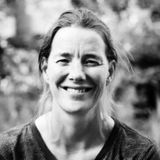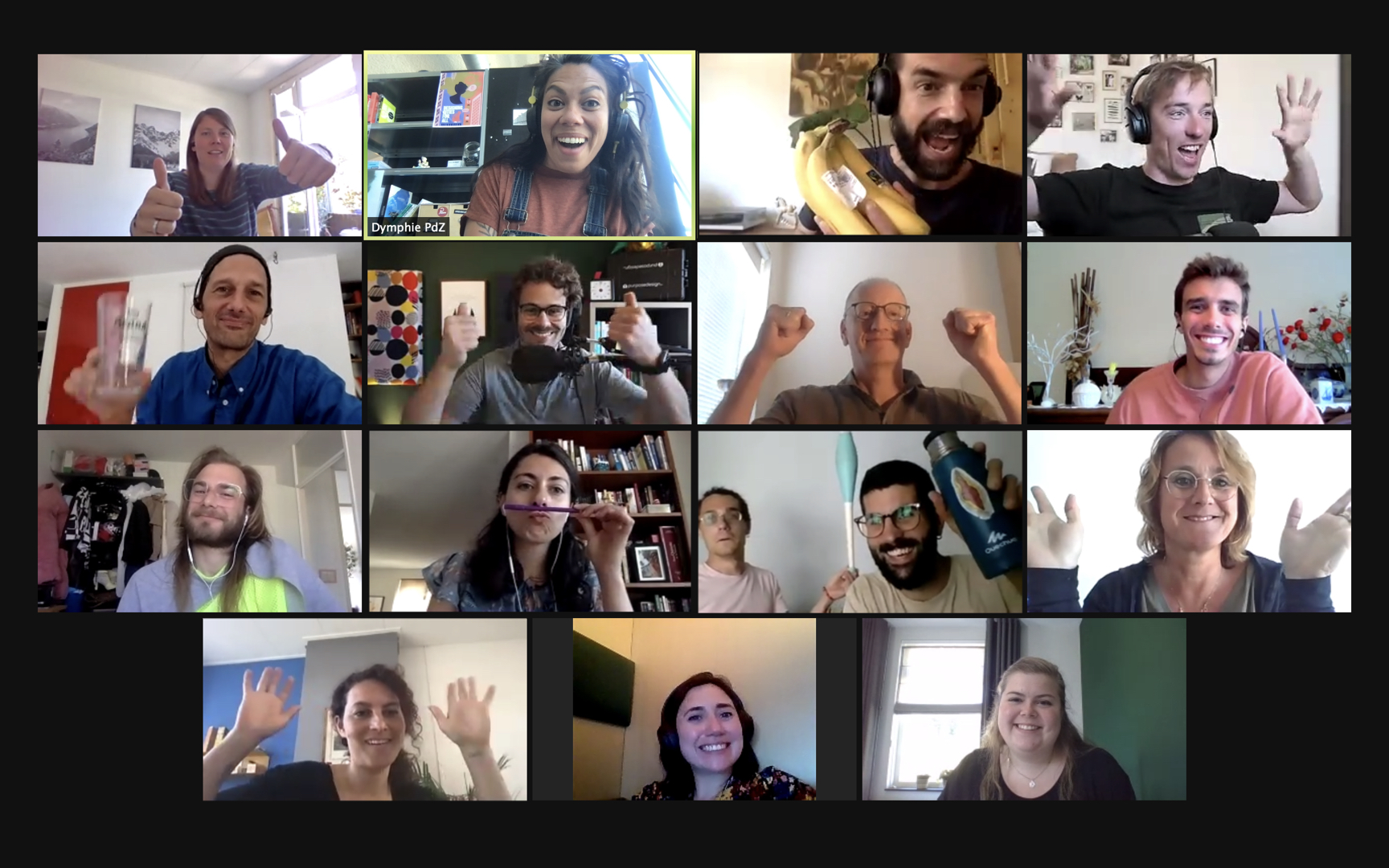Closed loops, value generation, innovative business models, and modular designs – those are not only principles to guide the transition to circular cities, but also principles distributed designers have been working with for years. On the evening of October 13th, an international group of designers presents their work and share their vision on circular cities. From eco cathedrals and recycled electric skateboards to an infrastructure of battery charge and swap stations for electric vessels: how do designers work on locally produced, but globally connected cities? Join this program online!











Cities are potential engines of the transition towards a circular economy. The City of Amsterdam is one of the early adopters of the circular economy concept at city level. For our series Distributed Design for Circular Cities, we launched a call in March 2021. With selected participants (of which some are joining today), we hosted interactive workshops together with problem-solving experts Maarten Essenburg and Joost Liebregts of Kamp Vuur and took another look at the challenges, and created possible solutions.

In the articles below, we will introduce you a bit more to some of the creative talents making an impact!
Arthur Guilleminot about social stigma's, the role of artists, and aligning your actions with your ethics.
Alex Terol & Pedro Sáez about local composting, design as an agent for social change, and finding your Ikigai.
Pablo Pinkus about making circular choices and working on a society for future generations.
Veronique Aicha Achoui about creating sustainable, safe, and inclusive societies.
Frederica Marra & Cintia Rivera about sustainable personal habits and rethink business models.
Marije Remigius about unused waste, closing the loop and involving your customers.
Peter Wouda about open source building, working with your municipality, and taking time.
João Leão about the PET MINI Skateboard, making plastic more precious and becoming an inventor.





